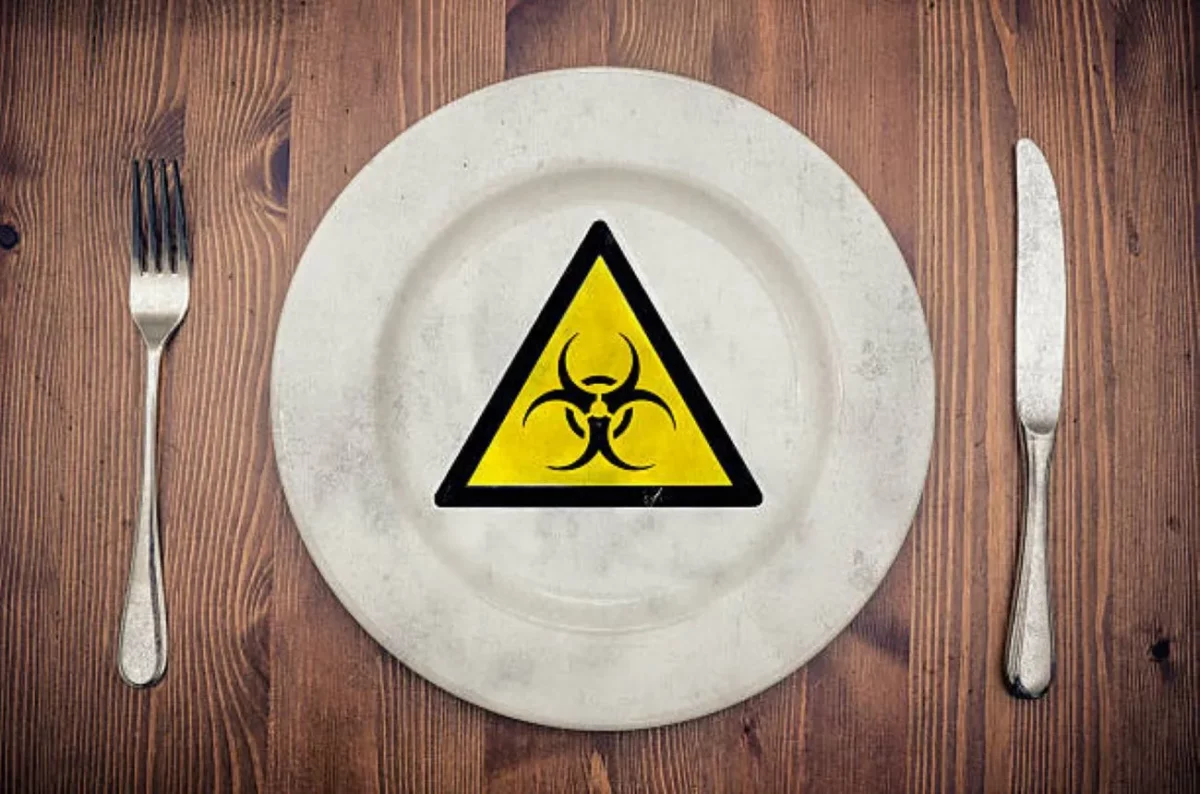
Government declares foodborne illnesses a national disaster
Nearly 1,000 cases of foodborne illnesses have been reported, with the majority occurring in five provinces, including Gauteng and KwaZulu-Natal.

The government has declared foodborne illnesses a national disaster.
The decision comes as nearly 1000 foodborne illnesses have been reported nationwide. Most cases were reported in Gauteng, KwaZulu-Natal, Limpopo, Free State, and Mpumalanga. As a result, over 25 children have died due to alleged food poisoning.
FOODBORNE ILLNESSES CLASSIFIED AS A NATIONAL DISASTER
On Thursday, 21 November, ministers leading the multidisciplinary teams in government responsible for the national response to foodborne illnesses held a media briefing to outline the government’s action plan to manage foodborne diseases.
Justice Minister Thembi Simelane said the disaster management center had classified foodborne illnesses as a national disaster under the National Disaster Act.
Simelane said the classification encourages all organs of state, the private sector, and communities to improve their risk-avoidance practices by adhering to food safety legislation, standards, and procedures.
SPAZA SHOPS GIVEN 21 DAYS TO REGISTER OR SHUT DOWN
Last Friday, president Cyril Ramaphosa confirmed that the spaza shops implicated in the death of children will be shut down.
Ramaphosa said this during his address to the nation about measures government will implement to address the spate of alleged food poisoning incidents that have also claimed the lives of children.
Ramaphosa said all spaza shops and food-handling facilities must register with their respective municipalities within 21 days to ensure compliance.
“Any shop that is not registered within 21 days and does not meet all health standards and requirements will be closed,” Ramaphosa said.
